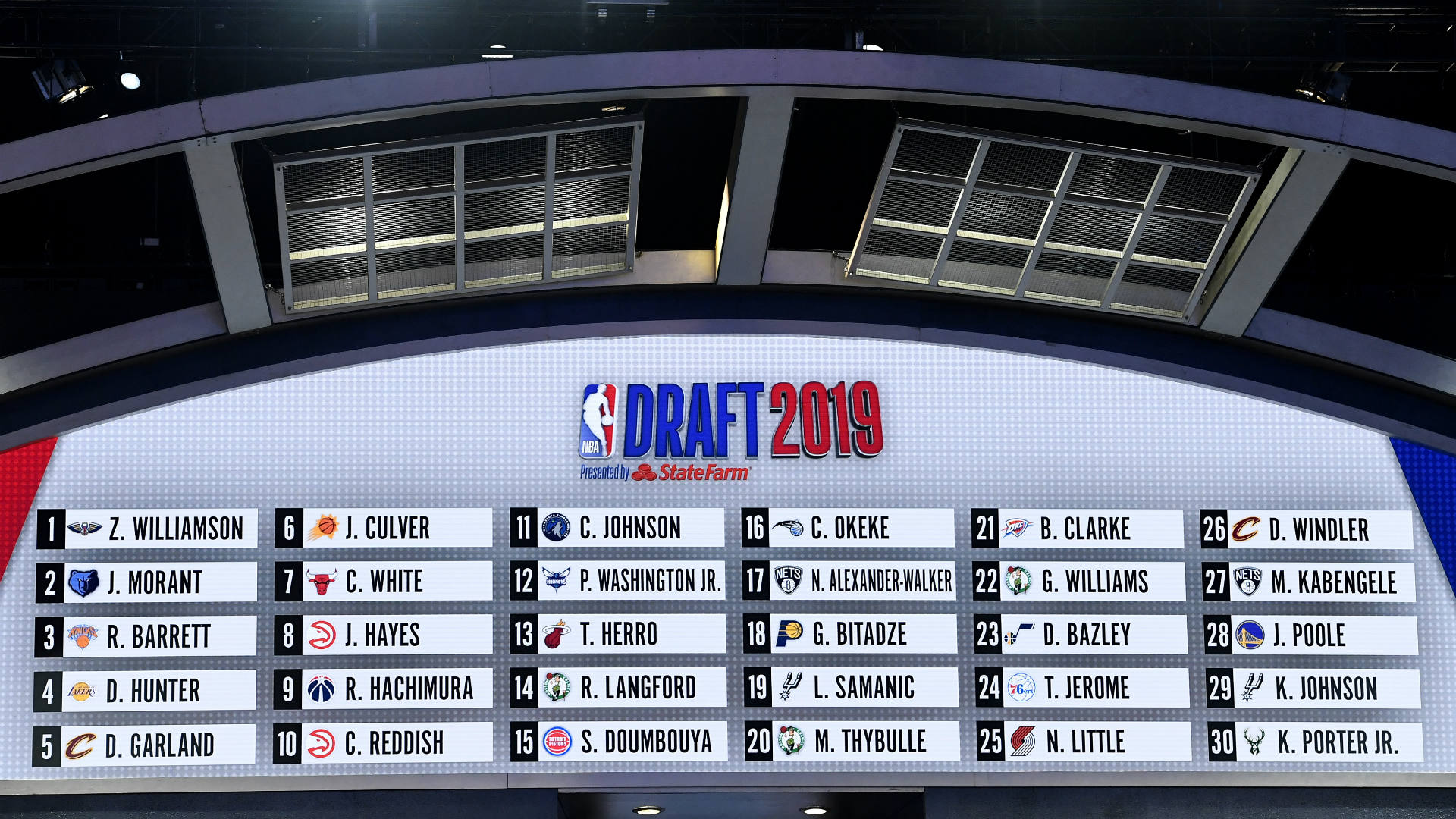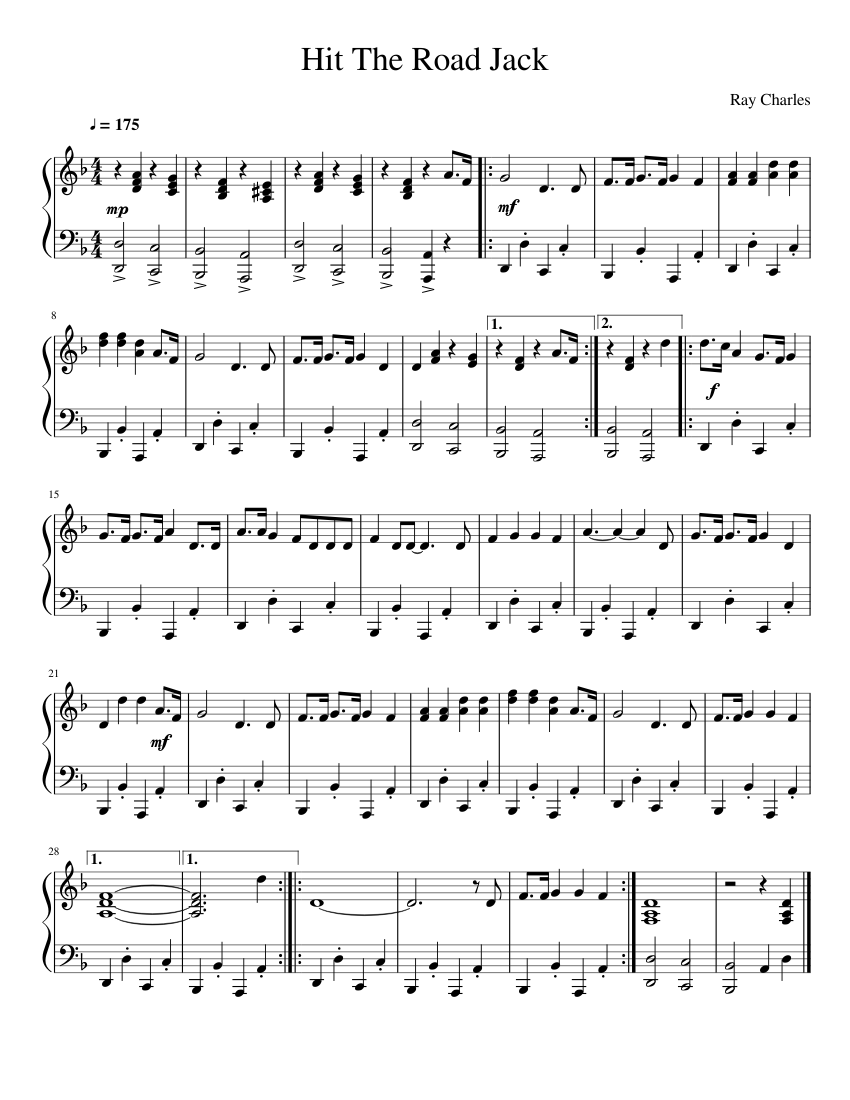Philippine Midterm Elections: Duterte's Strong Showing Challenges Marcos

Table of Contents
Duterte's Continued Political Clout
The "Duterte factor" proved undeniable in the 2022 Philippine midterm elections. His endorsement significantly swayed local races across the archipelago, demonstrating his continued political clout even after leaving office.
The "Duterte Factor" in Local Races
- Examples: Numerous candidates endorsed by Duterte secured victories, particularly at the local level. Conversely, some candidates who openly opposed him suffered significant electoral setbacks. This uneven distribution highlights the localized impact of Duterte's endorsement.
- Voter Demographics: Support for Duterte-endorsed candidates was particularly strong in regions known for their strong support for the former President, demonstrating a clear correlation between regional preference for Duterte and electoral outcomes. Further analysis is needed to understand the specific demographic characteristics that most strongly correlated with supporting Duterte-aligned candidates.
- "Duterte Brand": The "Duterte brand" – associated with his strongman image, populist policies, and anti-establishment rhetoric – resonated deeply with a specific segment of the electorate. This suggests that the effectiveness of his endorsement was dependent on effective communication of his support and alignment with the candidate’s own message.
The Rise of Duterte-Aligned Parties
Parties associated with Duterte's political ideology experienced a surge in electoral success. This signifies a shift in the political landscape, with the emergence of new power players.
- Key Figures: Several key figures closely aligned with Duterte secured significant victories, consolidating their power within the new political order.
- Electoral Performance: These parties outperformed expectations, winning numerous local and national seats, further solidifying Duterte’s influence on the political landscape.
- Policy Platforms: Their platforms often mirrored Duterte's focus on law and order, anti-corruption, and nationalism, demonstrating a clear ideological lineage. Comparison with traditional parties reveals key differences in messaging and approach.
Duterte's Legacy and its Influence on Voter Behavior
Duterte's legacy, both positive and negative, undeniably shaped voter choices.
- Influencing Factors: His "war on drugs," his infrastructure projects, and his foreign policy stances all impacted voter perceptions and decisions. Understanding the nuances of voter opinions on these various issues is crucial to a comprehensive analysis.
- Public Opinion Polls: Pre-election polls reflected varying levels of public support and opposition to Duterte, with regional variations highlighting the complex nature of his influence.
- Social Media Trends: Social media played a significant role in shaping public opinion on Duterte's legacy, amplifying both positive and negative narratives. Further research is needed to quantify the effect of social media sentiment on electoral outcomes.
The Marcos Dynasty's Performance
The Marcos dynasty, despite facing historical baggage, demonstrated resilience and a robust political machine.
Bongbong Marcos' Victory and its Implications
Bongbong Marcos' victory in the Presidential elections was a significant event, reflecting a complex interplay of factors.
- Voter Demographics: Support for Marcos Jr. spanned various demographics, suggesting a broad appeal that transcends traditional political divides.
- Campaign Strategy: His campaign effectively leveraged nostalgia, economic promises, and a carefully curated image to appeal to a wide range of voters.
- Comparison to Opponents: Compared to his opponents, Marcos Jr.'s campaign presented a more unified and consistent message, appealing to a greater number of voters.
- Historical Baggage: The historical baggage associated with the Marcos family's authoritarian past, while a factor, was clearly not enough to prevent a decisive victory.
The Strength and Weakness of the Marcos Machine
The Marcos political machine proved effective in mobilizing voters and securing victories.
- Political Strategies: The machine utilized a combination of traditional patronage politics, social media campaigns, and strategic alliances.
- Resources: Their extensive network of supporters and financial resources gave them a significant advantage.
- Comparison to Other Machines: Compared to other political machines, the Marcos machine demonstrated exceptional resilience and adaptability.
- Limitations: Despite its effectiveness, challenges remained. Negative perceptions related to the Marcos family's history, and criticism of their strategies, presented challenges that were overcome in the campaign.
Future of the Marcos Dynasty in Philippine Politics
The midterm elections suggest a continued strong presence for the Marcos family in Philippine politics.
- Future Strategies: They are likely to maintain their focus on consolidating power and maintaining their network of support.
- Predictions for Upcoming Elections: The results suggest that the Marcos dynasty will remain a major political force in the country for the foreseeable future.
- Public Sentiment: While public sentiment towards the Marcos family is complex and diverse, the election results clearly demonstrate considerable support.
Unexpected Alliances and Shifting Political Landscape
The elections revealed surprising alliances and the emergence of new political forces.
Cross-Party Endorsements and Coalitions
Unexpected cross-party endorsements and coalitions emerged, highlighting the fluidity of Philippine politics.
- Specific Examples: Several instances of politicians from different parties endorsing each other demonstrated pragmatic alliances based on mutual interests.
- Reasons Behind Alliances: These alliances often stemmed from shared political goals or strategic calculations to maximize electoral success.
- Impact on Landscape: These shifting alliances reshaped the political landscape, creating new power dynamics and influencing the outcomes of the elections.
Emergence of New Political Forces
The elections saw the rise of new or previously less prominent political players.
- Emerging Figures: Several individuals gained prominence through effective campaigning, tapping into public sentiment and leveraging social media.
- Political Platforms: These new figures offered diverse platforms, reflecting a changing political spectrum in the Philippines.
- Impact on Results: Their electoral success indicates growing dissatisfaction with the established political order and a desire for new leadership.
The Role of Social Media in Shaping Public Opinion
Social media played a crucial role in shaping public perception and influencing voters.
- Social Media Campaigns: Various political groups utilized targeted campaigns across various social media platforms.
- Misinformation: The spread of misinformation and disinformation highlighted the challenges of navigating the digital space during the election.
- Alliances and Opposition: Social media facilitated the formation of political alliances and opposition groups, accelerating the spread of information and shaping public perception.
Conclusion
The Philippine midterm elections revealed a complex interplay of established power structures and shifting political allegiances. President Duterte’s lingering influence clearly challenged the seemingly dominant Marcos machine, reshaping the political landscape and demonstrating the unpredictable nature of Philippine politics. Analyzing these results is crucial for understanding the future trajectory of the country. Understanding the intricate dynamics of the Philippine Midterm Elections and the enduring legacy of Duterte is key to comprehending the evolving political climate in the Philippines. Further research into the long-term effects of these elections on Philippine politics is essential. Stay informed about future Philippine elections and their impact on the nation's political future.

Featured Posts
-
 No Epic City Project Submitted Developers Claim Amidst Abbott Warning
May 13, 2025
No Epic City Project Submitted Developers Claim Amidst Abbott Warning
May 13, 2025 -
 17 Off Doom The Dark Ages Limited Time Offer
May 13, 2025
17 Off Doom The Dark Ages Limited Time Offer
May 13, 2025 -
 2025 Texas Rangers Baseball Your Guide To Game Schedules And Broadcast Details
May 13, 2025
2025 Texas Rangers Baseball Your Guide To Game Schedules And Broadcast Details
May 13, 2025 -
 Nba Draft Lottery Okc Thunders Position Still Up In The Air
May 13, 2025
Nba Draft Lottery Okc Thunders Position Still Up In The Air
May 13, 2025 -
 On This Day Protest Song Hit The Road Drax Performed In 2024
May 13, 2025
On This Day Protest Song Hit The Road Drax Performed In 2024
May 13, 2025
